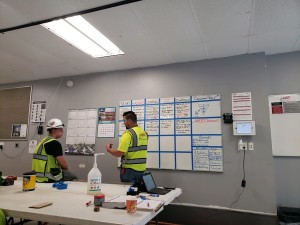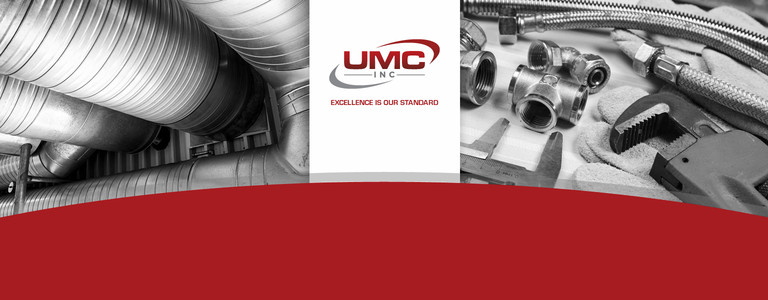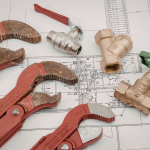
Colorado, 2021
Recently the US government announced a national initiative to improve building codes. The Federal Emergency Management Agency (FEMA) announced the National Initiative to Advance Building Codes at the Florida International University Wall of Wind in Miami, Florida. It was a symbolic location as Florida recently strengthened its building codes after Hurricane Andrew caused over $26 billion in damages. Since Florida updated its building codes and enforcement practices based on I-Code standards, more than $1 billion in losses have been prevented.
Building codes are a huge part of our industry. As a commercial plumbing and HVAC company, we take building standards and codes very seriously, especially since we work with water. Our team works hard to stay up to date on the latest code standards, laws and practices in our area. We build our projects to last, and we welcome more stringent updated codes that will ensure building safety and reliability for years to come. As FEMA Administrator Deanne Criswell said in the announcement, “By modernizing building codes, communities will not only save money through lower energy costs and protecting their property, but together we will also save lives by ensuring our infrastructure remains resilient in the face of climate change and the associated extreme weather events.”
As an industry leader in commercial plumbing and HVAC installation, we are committed to adopting the latest practices and technologies. We embrace learning and education as tools to help us improve our work, adopt safer and more efficient methods, and help us learn to work with our fellow trade partners. Building codes and industry standards are constantly changing, so we are always focused on staying abreast of the updates.
New building codes and standards can potentially ensure safer infrastructure and reliability in our buildings for years to come. Adopting more energy-efficient building practices and technologies will also help in the fight against climate change. According to FEMA, adopting building codes is one of the best ways to help communities become more resilient in the face of extreme weather events like hurricanes, heatwaves, flooding, wildfires and more.
Here in the Midwest, we’ve seen our fair share of extreme weather, from devastating forest fires to last year’s Heat Dome event and the ongoing severe drought. These weather events have had catastrophic impacts on our local communities and infrastructure. As an industry leader in the Midwest, we want to do our part to ensure that our projects can stand up to the weather. It’s one of the many reasons we are committed to quality construction and ongoing education for our team!






